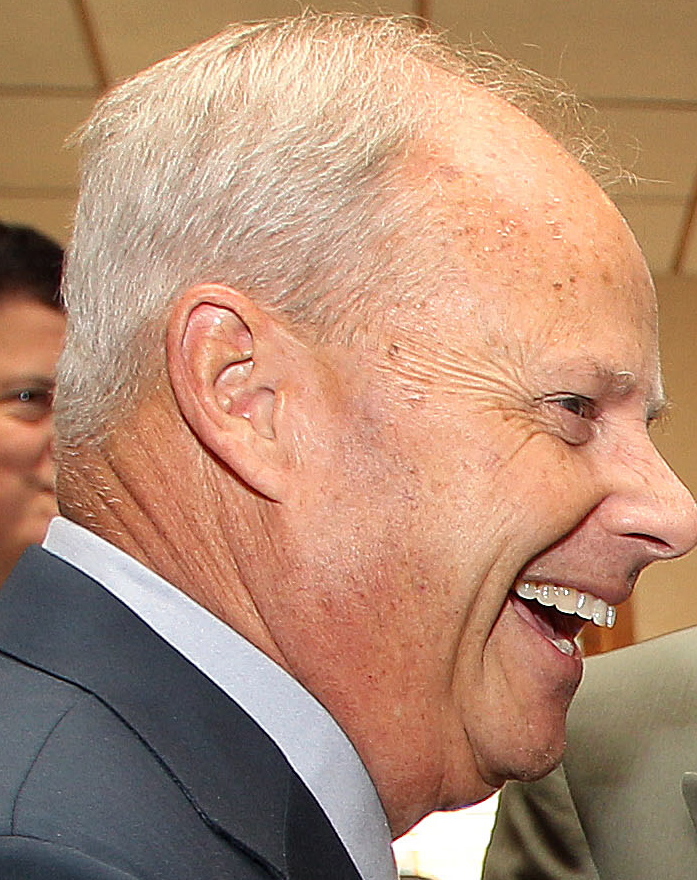CONCORD, N.H. — Walt Havenstein emphasizes his leadership of large, multi-billion dollar defense contractors as he aims to convince New Hampshire’s voters that he has the right tools to be governor, boost the economy and create jobs.
And while a governor technically is the chief executive of a state, with thousands of employees and 1.3 million citizen stakeholders, there are yawning gaps between the skill set needed to lead a manufacturer that has one goal with those required to govern a diverse state serving many different constituencies. Showing he can narrow those gaps is the challenge Havenstein faces in his race against incumbent Democratic Gov. Maggie Hassan.
“Both Walt and Maggie are running as the CEO of the state,” said Wayne Lesperance, a political science professor at New England College. “By portraying himself as a CEO – he’s a person with gravitas, he’s a serious person, that he’s up to the job – that’s also to reassure voters that he’s ready to take things on. When we look at the top three issues voters care about, they’re jobs, jobs, and jobs. And he’s a job creator.”
But, Lesperance said, Havenstein, a Republican, also has to prove he can do more than just maximize profits, which was the goal as a CEO at BAE Systems and later SAIC. He’s got to work with business leaders, labor unions, teachers, doctors, farmers, loggers, environmentalists and a host of others. Then there’s politics: The House is led by Democrats and the Senate by Republicans.
“Being a CEO is not the same thing as being a governor,” he said. “While a governor must make difficult decisions, it’s a much more collaborative process than being a CEO.”
Havenstein said he recognizes the perils of taking too heavy a CEO approach.
History is full of governors who came to the job vowing to run state government as a business by balancing budgets, spending within means, streamlining services, and cutting nonessential jobs and services. In New Hampshire, that approach didn’t work out so well for Craig Benson, who had one term as governor from 2003 to 2005.
Havenstein has said he understands the need to cooperate with others, especially in a state whose constitution created a comparatively weak governor. He also said leadership takes other forms, such as his experience over 28 years in the U.S. Marine Corps.
“I’m basically a Marine platoon leader who’s masquerading as a CEO,” he told the AP in an interview before the primary.
Send questions/comments to the editors.



Success. Please wait for the page to reload. If the page does not reload within 5 seconds, please refresh the page.
Enter your email and password to access comments.
Hi, to comment on stories you must . This profile is in addition to your subscription and website login.
Already have a commenting profile? .
Invalid username/password.
Please check your email to confirm and complete your registration.
Only subscribers are eligible to post comments. Please subscribe or login first for digital access. Here’s why.
Use the form below to reset your password. When you've submitted your account email, we will send an email with a reset code.